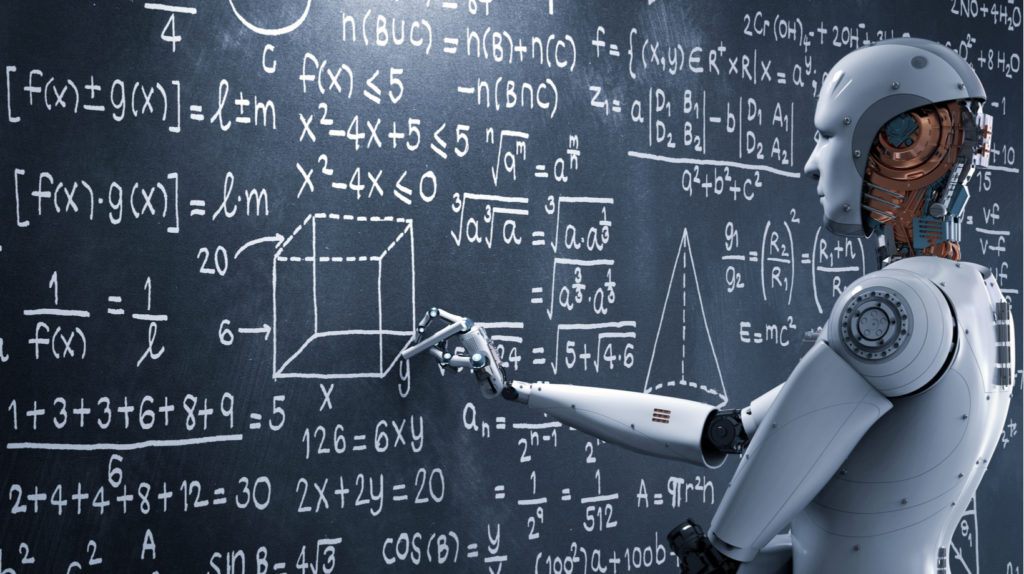By Evridiki Fatolia,
Nowadays, technological advancement has led to extensive use of artificial intelligence. It is often used in various scientific fields like medicine, but AI has also started being part of the educational procedure. To be more specific, it has created different applications based on it that help students to overcome any obstacle they may face with their assignments. The most popular one is ChatGPT which can already be detected by a simple plagiarism control. However, the possible excessive use of AI in the field of education creates a lot of concerns.





